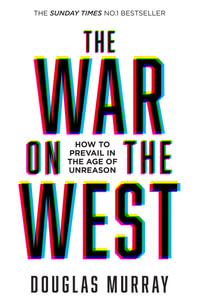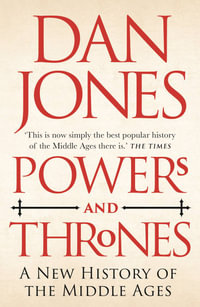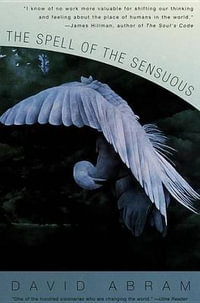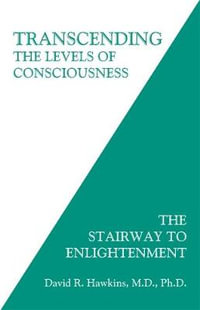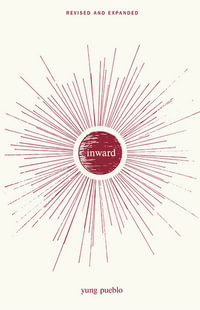Medieval Philosophy: A Multicultural Reader comprises a comparative, multicultural reading of the four main traditions of the medieval period including extensive sections on Jewish, Islamic, Latin and Greco-Roman traditions. The book also includes an initial 'predecessors' section which explains to students how to bridge the intellectual gap between Aristotle to Augustine - a span of nearly 800 years. It presents excerpts from Plato, Aristotle, Plotinus and Proclus from whom all four traditions have drawn. These contextualizing readings provide a firm basis from which to explore medieval thought.
Representative readings from each of the four great traditions are presented chronologically in four different tracks, along with engaging and accessible introductions to:
- the traditions themselves
- the periods within the four great traditions
- individual thinkers
An appendix provides lists of readings under several problem headings, to assist those who prefer to read and teach medieval philosophy topically rather than chronologically.
This is a culturally inclusive title which seeks to provide students with a rich, varied and comprehensive insight into the entirety of the medieval philosophical tradition.
About the Author
Bruce Foltz is Professor of Philosophy at Eckerd College, Florida, USA.
Industry Reviews
That the title of this book clearly signals the multiculturalism and pluralism of medieval thought is to its credit. The book is organized in five sections: an opening section looks at Greco-Roman sources, and each of the remaining four sections treats a major linguistic or cultural grouping in medieval thought: Byzantine, Jewish, Latin, and Muslim. Each section offers translated selections of relevant major works of the tradition. This being the case, the volume could serve as a resource in survey courses ... Summing Up: Recommended. Lower- and upper-division undergraduates. * CHOICE *
It's great to have alongside each other a large selection of the crucial texts of Western medieval philosophy, in its Christian (Greek and Latin), Jewish and Islamic branches. I know of no other anthology which would enable students to see the similarities and differences between the different ways in which ancient Greek philosophy developed in the Middle Ages, and the interactions between them.
This large and comprehensive volume of primary source material provides the reader not only with key medieval philosophical texts from the Latin Christian, Byzantine, Islamic, and Jewish traditions, but also with a judicious selection of foundational texts from the ancient Greek philosophical period, both pagan and patristic. There is no other source book that matches this one in breadth and depth.
This brave new anthology opens up new ways of studying and understanding medieval philosophy, both by fully including the Arabic, Jewish and Greek, as well as the Latin traditions, and through its admirably broad conception of what texts count as philosophical. * John Marenbon, Professor of Medieval Philosophy, University of Cambridge, UK; Fellow of the British Academy *


